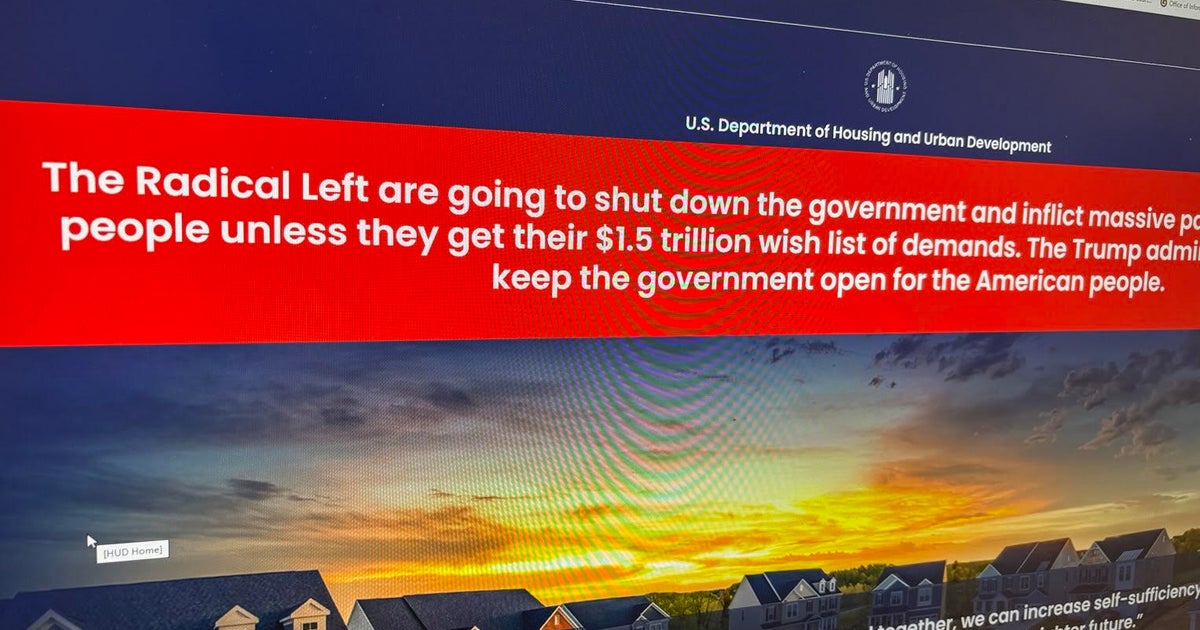
Researchers across the United States and globally are taking proactive measures to safeguard climate data and public reports in response to the Trump administration’s severe cuts, firings, and the scrubbing of federal websites. In a bold move to resist censorship and ensure the accessibility of crucial climate information, a group of scientists formerly associated with the National Oceanic and Atmospheric Administration (NOAA) has launched a new platform, Climate.us. This initiative aims to replicate much of the valuable content that was previously found on Climate.gov, which has faced significant alterations under the current administration.
In a parallel effort, two prominent scientific organizations, the American Geophysical Union (AGU) and the American Meteorological Society (AMS), are actively seeking contributions for a special “Climate Collection.” This collection is intended to maintain the momentum of the ongoing work related to the mandated 6th National Climate Assessment, which is set to be published in 2028. The assessment process was abruptly interrupted when the scientists involved were dismissed and the cabinet-level team responsible for leading the effort was dissolved.
The recent initiatives highlight the challenges of obscuring climate science in an era where thousands of scientists and sophisticated technologies are continuously calculating and monitoring greenhouse gas emissions. Notably, the efforts to preserve data sets have been crucial, but the creation of public-facing portals is equally significant, according to experts in the field.
Haley Crim, a climate solutions researcher at MIT and a leader in the movement to restore vital climate information that was purged from federal websites, stated that the current actions by the U.S. government amount to clear censorship. Alongside substantial budget cuts and personnel reductions in various federal climate programs, many scientists have reported experiencing increased harassment and threats online. Moreover, there are growing concerns that misleading and potentially harmful misinformation is being disseminated through official government channels.
While gaining traction for new climate websites can be challenging in an environment rife with misinformation, the latest initiatives have garnered endorsements from leading scientists and institutions. The researchers involved believe these projects could not only provide a lifeline for accurate climate information but also pave the way for innovative methods of storing and sharing scientific data, ultimately making it more relevant to those grappling with the dire impacts of climate change.
During her final months working on Climate.gov, Crim was instructed to remove articles that mentioned diversity and other terms deemed politically sensitive by appointees. Although a modified version of the website remains operational, its future is uncertain as the administration continues to impose restrictions. A NOAA spokesperson defended the alterations, claiming they were made in compliance with an executive order, and asserted that all research products from Climate.gov would be transferred to NOAA’s main site to centralize resources.
“It’s unbelievable, and it is censorship, and I think people were afraid to say that for a long time,” Crim remarked. “We were literally forced to word search our own website and take down articles because they didn’t want to read the word ‘equity’ or any related terminology.”
The potential for the administration to utilize Climate.gov to disseminate misleading information remains a concern, as evidenced by a recently debunked climate report from the Department of Energy. Crim expressed her resolve to continue her work despite fears of backlash from the administration, stating, “There’s no other option for me. I can’t sit back and watch this stuff be taken down because someone didn’t like it. It is state-of-the-art climate information, and I’m not just going to let that go away.”
Former Climate.gov editor Rebecca Lindsey, now involved in restoring censored information on Climate.us, noted that mentions of climate justice were also removed from the previous website. The current team, while only a small number publicly leading the initiative, has garnered the support of numerous volunteers working behind the scenes. Their long-term objective is to create a comprehensive backup of all pertinent information, including materials that were censored, in the event that Climate.gov goes offline.
“They removed anything about trying to increase diversity in the sciences and the reality that marginalized communities will disproportionately suffer from human-caused climate change,” Lindsey stated, emphasizing the urgency of reviving that critical information.
Through crowdfunding efforts, the team has successfully launched the new website and, in a significant development, posted the Fifth National Climate Assessment, published in 2023. This report serves as an essential resource for communities facing the impacts of wildfires, rising sea levels, and other climate-related challenges. The assessment was relegated to an archival site earlier this year when the administration shut down the interagency U.S. Global Change Research Program, which had a congressional mandate to produce the report.
In the worst-case scenario, Lindsey cautioned that the administration could exploit Climate.gov to publish intentionally misleading information. To bolster the credibility of their new website, the team plans to collaborate with respected institutions such as the World Meteorological Organization and the American Meteorological Society, and establish an independent science advisory panel for oversight and expert review.
Alongside these efforts, the AGU and AMS are working to ensure that climate information relevant to U.S. interests is properly cataloged in a format that can be utilized for future national climate assessments. The grassroots nature of their project compensates for the potential discontinuation of work on the upcoming National Climate Assessment, which the Trump administration defunded in April.
Costa Samaras, director of the Scott Institute for Energy Innovation at Carnegie Mellon University, highlighted the importance of rigorous, peer-reviewed science in this critical moment. He stated, “Information about how climate affects communities and resources is essential for both public understanding and for public and private decision-making.” The collection aims to be a beacon for the scientific community, allowing for the submission of high-quality research that can be freely shared and widely disseminated.
The potential for exploring the systemic impacts of climate change on various sectors, including education, insurance, and public health, is vast. Lindsey noted that working outside traditional federal structures could open new avenues for climate communication and ensure that essential information about global warming and mitigation strategies reaches those who need it most.
As these scientists and advocates rally to confront censorship and misinformation, their efforts reflect a commitment to transparency and accuracy in climate science, ensuring that the public remains informed and empowered to address the urgent challenges posed by climate change.


